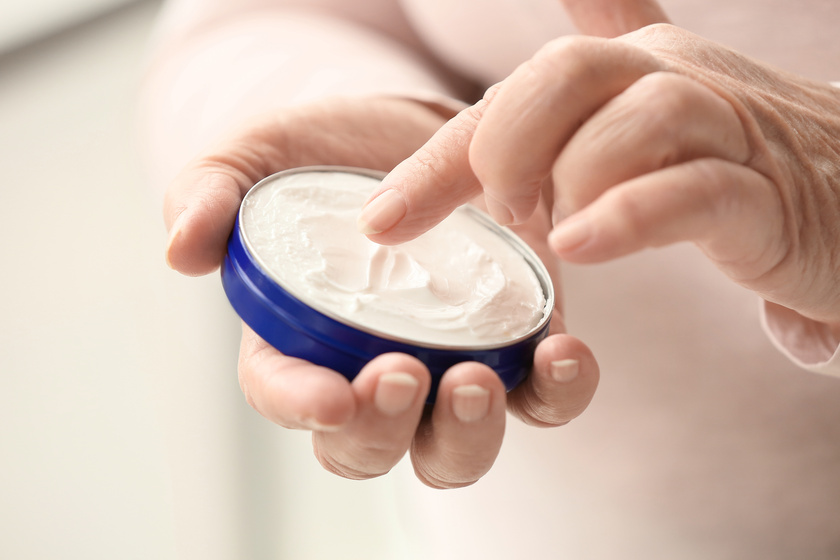What exactly are bed sores? Also known as decubitus or pressure ulcers, these are injuries that affect both the skin and any underlying tissue as a result of prolonged pressure. In most cases, it will happen over bony areas like a person’s ankles, tailbone, hips, and heels. However, if your loved one is experiencing bed sores from spending a lot of time in bed, they can also occur on the head, lower back, shoulder blades, buttocks and the back of the knees. Some early signs will include pus-like draining as well as changes to the skin texture and color. If there are any tender areas, it is important to look out for potential bed sores as well.
While they are common for many individuals who have mobility issues or health conditions that necessitate bedrest, it is not an unavoidable blight. In fact, preventing bed sores is possible and is crucial to ensuring a better quality of life. In particular, there are two main things to keep in mind to prevent bed sores.
Repositioning
As bed sores as the result of constant pressure, the best way to prevent them is to relieve the prolonged pressure that the skin is experiencing. For most people, we do this naturally by shifting our weight, taking a walk, or just changing our position. However, when it comes to someone who is confined to a wheelchair or bed, this means that they need additional assistance to reposition themselves in roughly one to two hour intervals. When doing so, it is crucial that you lift their body up instead of dragging as not doing so can lead to damage to the skin. If they are still constantly in a state of discomfort, it may be helpful to find a different mattress or cushions that are made of pressure-relieving materials like gel or foam. On top of this, you can also put gel or foam pads under specific areas like the shoulder blades, tailbone, or ankles to further relieve pressure.
For those who are confined to a wheelchair, it is important that you have regular visits to your doctor annually to ensure that the fit is still suitable. During these appointments, it will also be best to highlight any discomfort or irritation that you or your loved one have experienced.
Skincare
Something else that is important is to ensure that you apply proper skin care to ensure that the skin is healthy. When you have healthy, moisturized, and nutrient-wrich skin, it is less likely to develop bed sores. What this means is constantly inspecting and caring for your loved one’s skin for any warning signs, and applying medication as soon as possible to prevent them from worsening. For those with continence issues, it is also important that you constantly wash the skin with a gentle cleanser and a soft cloth or sponge. Avoid dragging the skin or using harsh scrubs, opting to pat where possible. After washing, apply any moisturizing creams or skin protectants that are recommended by your doctor, opting for non-scented variations where possible.
If you find that you are unable to keep up with the needs of your loved one and need additional support, it might be time to consider a senior living community or at least respite care while you make the necessary arrangements to support you and your loved ones better.







